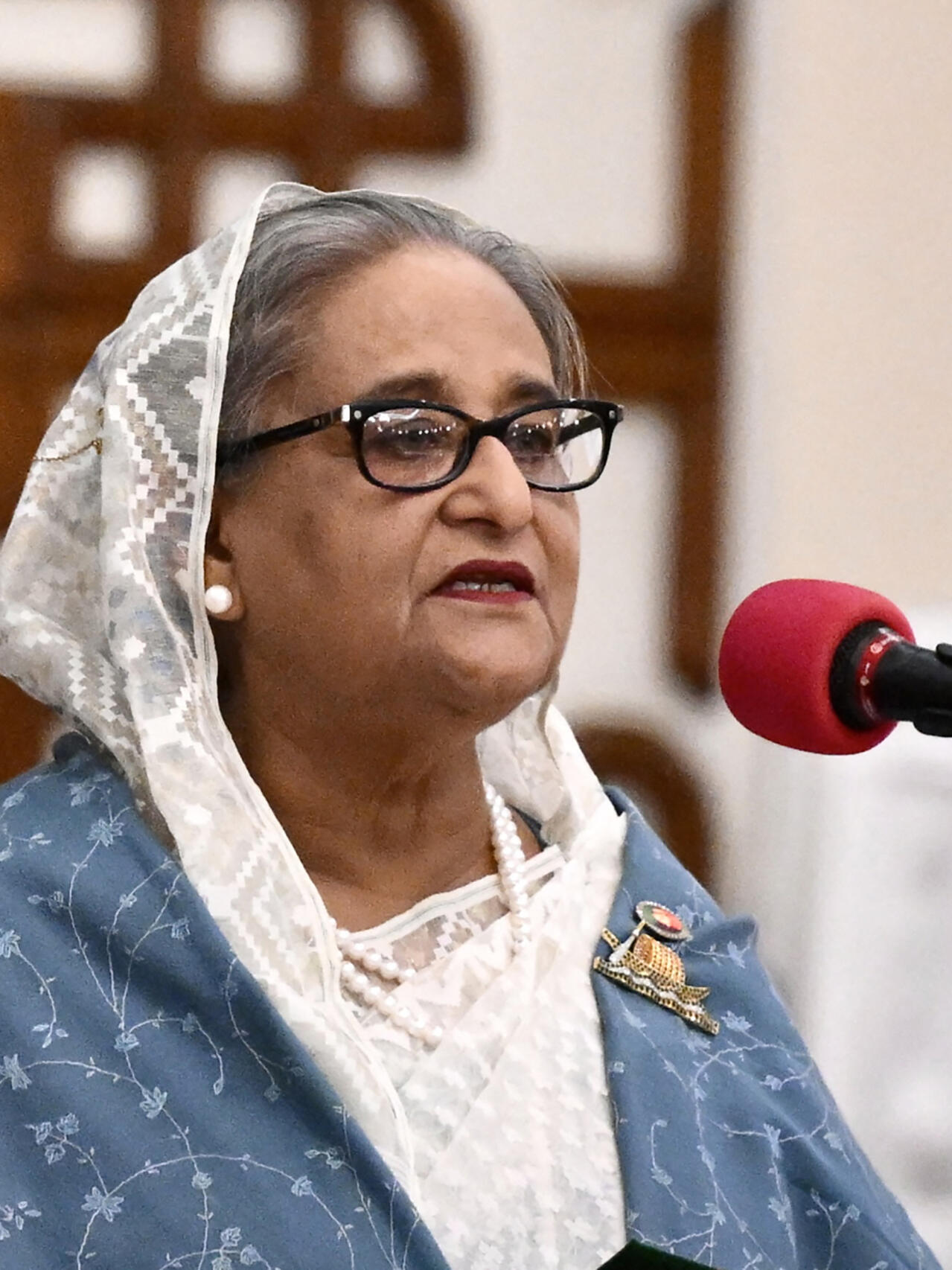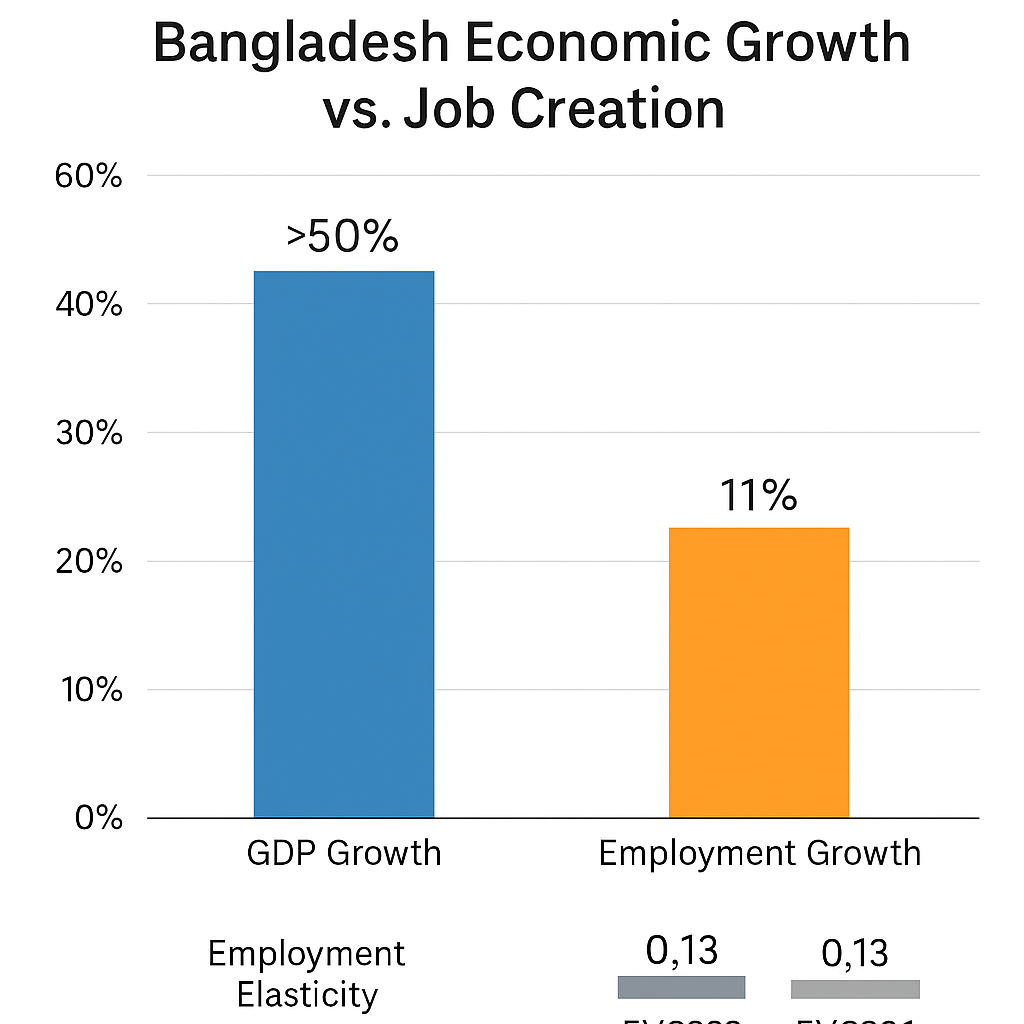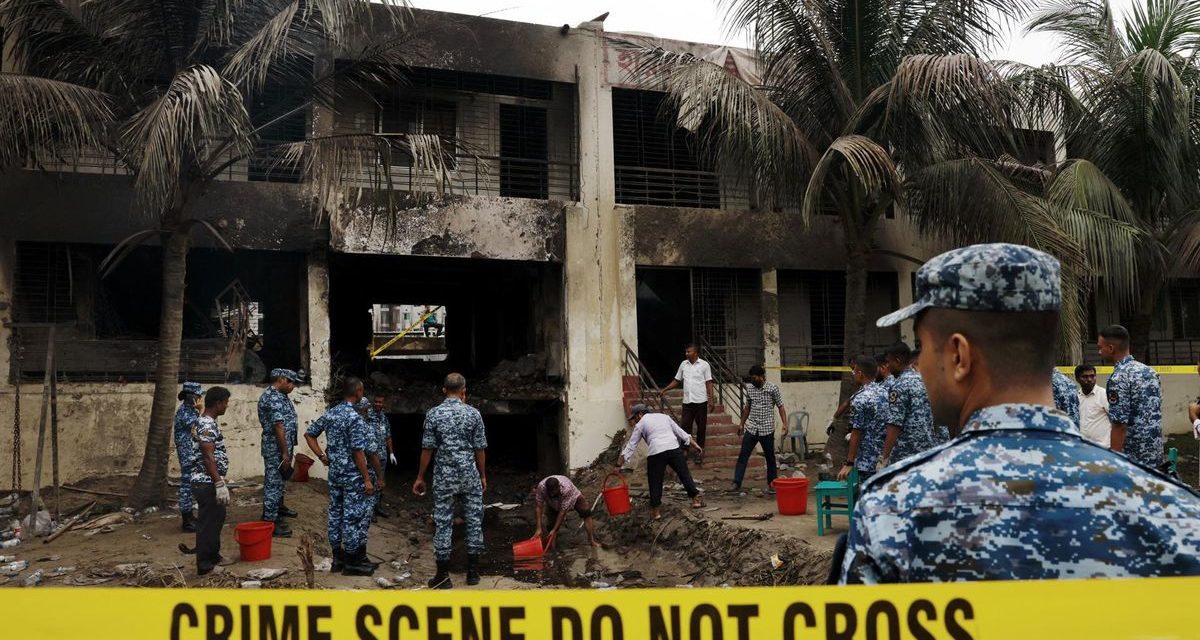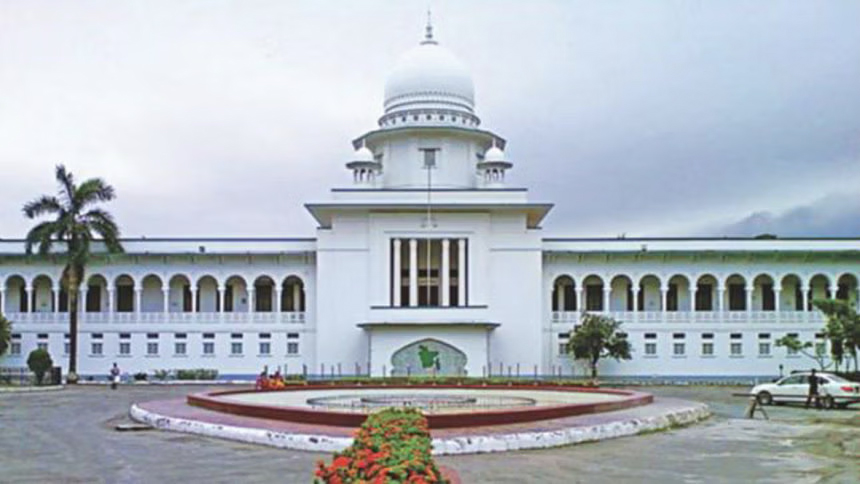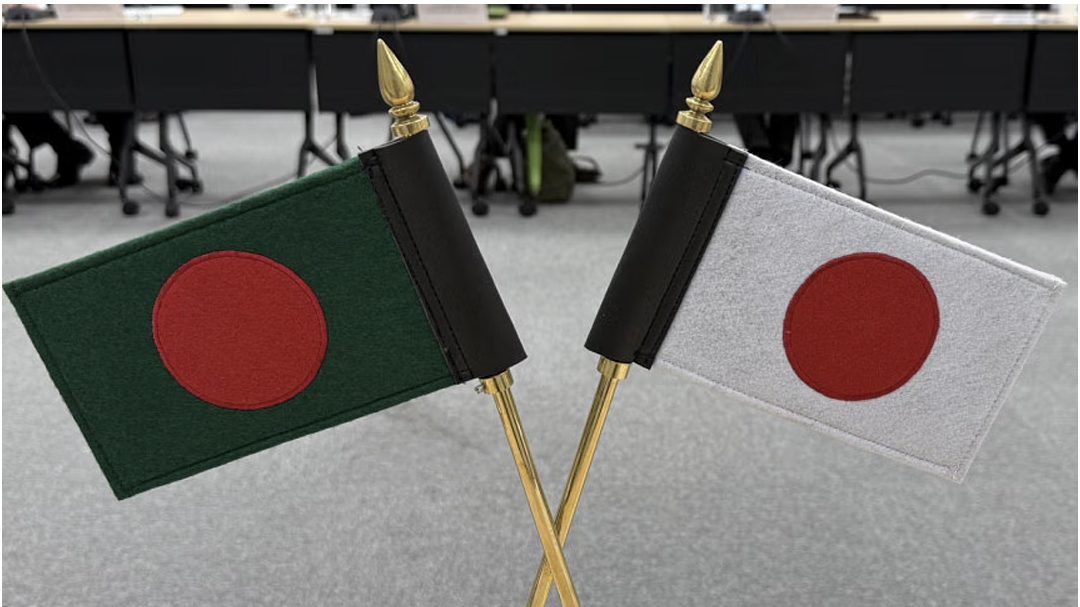
Japan offers a $418 million development policy loan to stabilize Bangladesh’s economy and support reforms.
In a major diplomatic and financial milestone, Japan has pledged over $1.063 billion in aid to Bangladesh to support economic reforms, enhance infrastructure, and strengthen educational cooperation. The agreement was finalized during a high-level meeting held in Tokyo between Bangladesh’s Interim Chief Adviser Professor Muhammad Yunus and Japanese Prime Minister Shigeru Ishiba.
The aid package is being seen as a clear reflection of Japan’s long-standing partnership with Bangladesh and its continued investment in the country’s development, particularly at a time when Bangladesh is navigating political transition and preparing for a much-anticipated general election.
A Strategic Economic Boost
Of the total commitment, $418 million will be delivered as a Development Policy Loan, aimed at assisting Bangladesh in implementing key economic and financial sector reforms. The loan focuses on improving fiscal resilience, supporting climate adaptation strategies, and creating conditions for sustainable growth.
The financial package arrives at a crucial time. Bangladesh has been facing economic headwinds amid global inflation, foreign exchange challenges, and internal political restructuring following the resignation of Prime Minister Sheikh Hasina in 2024 and the formation of a caretaker government under Muhammad Yunus. The Japanese loan provides much-needed stability and global confidence in the country’s economic prospects.
According to Bangladesh’s Finance Ministry, the policy loan is tied to a number of performance benchmarks, including governance reforms, increased budgetary transparency, and improved climate resilience mechanisms. The loan will be disbursed in phases upon achieving these set targets.
Transforming Transportation Infrastructure
A major portion of the Japanese aid—$641 million—will be used to revamp one of Bangladesh’s key railway routes: the Joydevpur–Ishwardi line. This project involves upgrading the current single-gauge track into a dual-gauge double track, significantly improving rail connectivity across the country.
The project is expected to enhance the efficiency of freight and passenger transport, reduce travel time, and promote industrial growth in the western corridor of Bangladesh. The new infrastructure will also link up more seamlessly with regional networks, further integrating Bangladesh into broader South Asian and East Asian transport frameworks.
Bangladesh Railway officials have welcomed the aid, stating that the modernization effort will support the government’s vision of a connected, mobile economy. Once complete, the rail line could serve as a key logistical route, particularly for exports to India, Bhutan, and Nepal via inland ports and regional corridors.
Investing in Human Capital
In addition to economic and infrastructural investment, Japan has committed $4.2 million in grants for scholarships aimed at Bangladeshi students pursuing higher education in Japan. This initiative is designed to strengthen people-to-people ties between the two countries and promote capacity-building in sectors like science, technology, and public administration.
Japanese universities will collaborate with Bangladeshi institutions to facilitate exchange programs and research partnerships, opening doors for students to access world-class education and bring back critical skills to their home country.
The scholarships will be available for postgraduate programs in public policy, engineering, healthcare, and climate science—areas aligned with Bangladesh’s national development goals.
A Testament to Strong Bilateral Relations
Japan and Bangladesh have shared diplomatic ties since 1972, and this financial agreement adds to a long history of cooperation in trade, development, and humanitarian aid. Japan remains one of the largest bilateral development partners of Bangladesh.
In his remarks following the signing ceremony, Japanese Prime Minister Shigeru Ishiba reiterated his country’s commitment to supporting Bangladesh in its journey toward becoming a middle-income country. He emphasized the importance of stability, democratic governance, and infrastructure modernization as the cornerstones of regional peace and prosperity.
Bangladesh’s Chief Adviser Muhammad Yunus expressed gratitude to the Japanese government and people, stating that this partnership exemplifies “mutual respect, shared vision, and a commitment to inclusive growth.” He added that the aid will not only stabilize the economy but also help rebuild public trust in governance and long-term planning.
Regional Implications and Future Outlook
This development is also significant in the context of growing geopolitical interest in South Asia. As China increases its Belt and Road Initiative (BRI) investments in the region, Japan’s presence as a strategic development partner offers a balanced approach for countries like Bangladesh that seek diversified engagement without overreliance on any single global power.
The Japanese aid deal also coincides with upcoming elections in Bangladesh, set to be scheduled under the interim government. Analysts suggest that Tokyo’s support sends a strong signal of international confidence in Bangladesh’s transitional government and its roadmap for democratic restoration and economic sustainability.
With the aid now formally committed, Bangladesh is expected to begin implementation of the rail and education projects by the third quarter of this year. The development loan’s first tranche could be released as early as August, contingent on the interim government’s progress in meeting reform goals.
Conclusion
Japan’s $1.063 billion financial commitment to Bangladesh marks a defining moment in the bilateral relationship between the two nations. It comes at a critical juncture in Bangladesh’s history—both politically and economically—and demonstrates the power of global partnerships in fostering resilience, development, and long-term vision.
As the nation stands at a crossroads, this investment offers not only infrastructure and education funding but a renewed sense of global solidarity, strategic direction, and hope for a brighter, more stable future.

